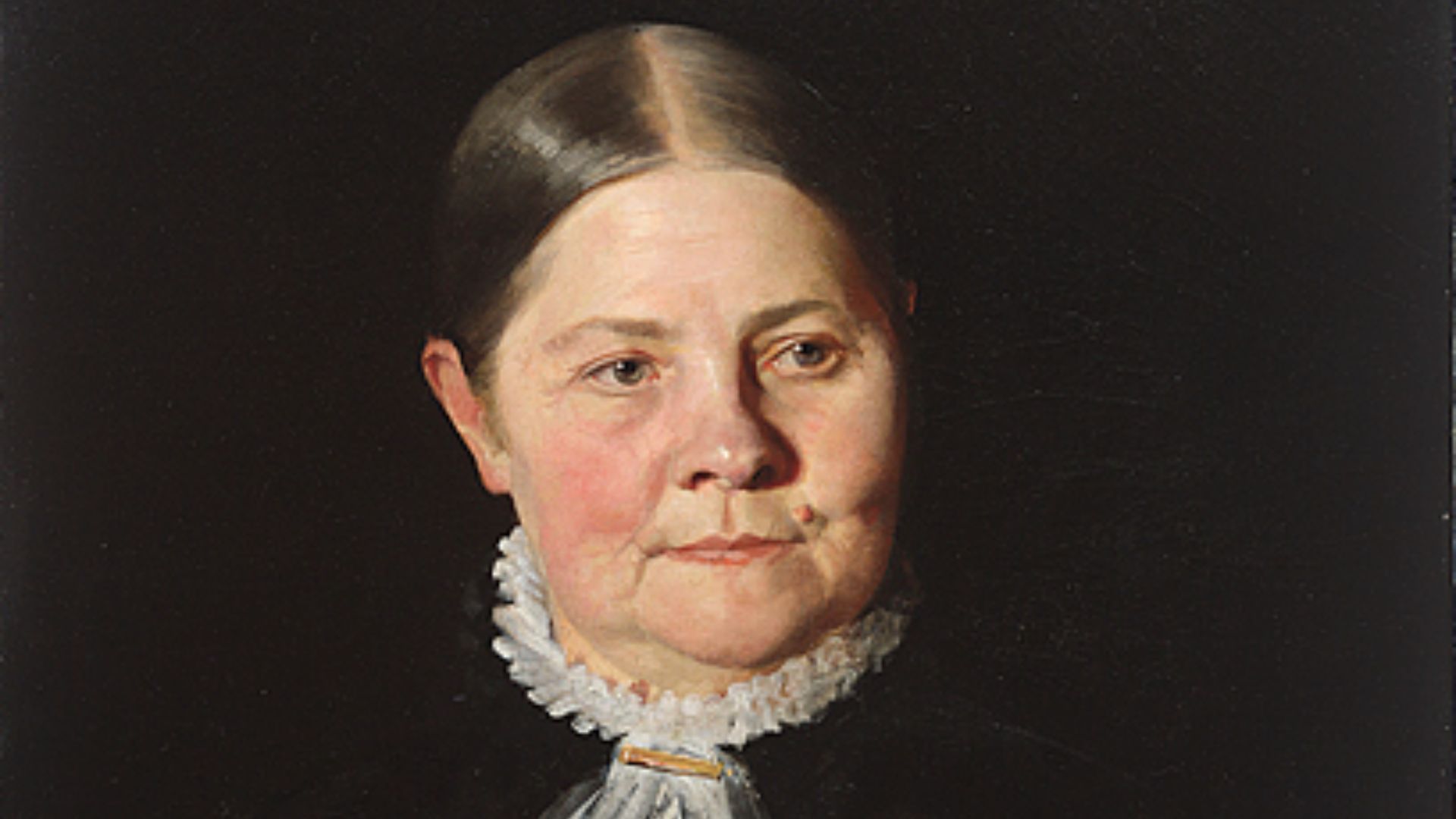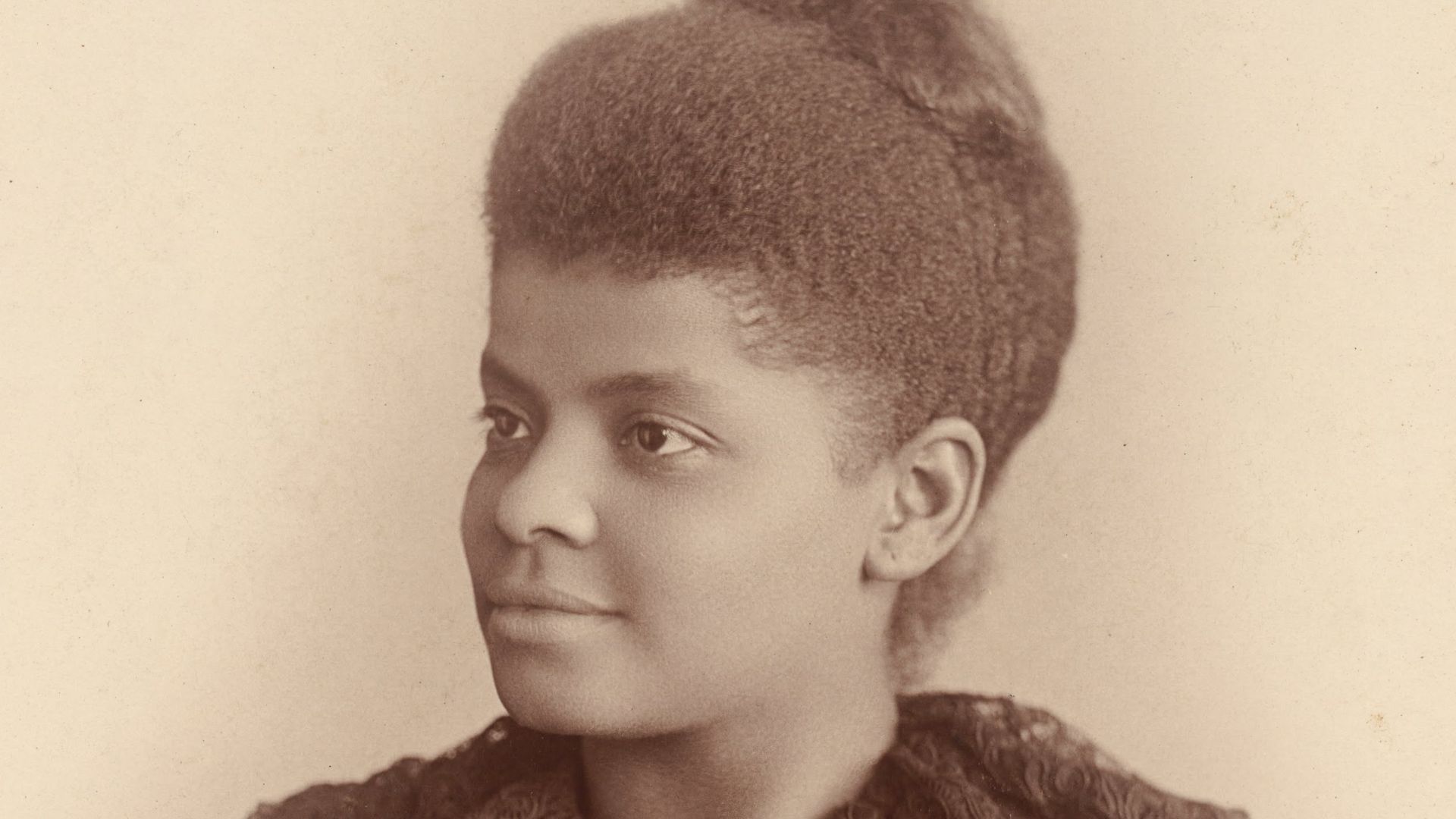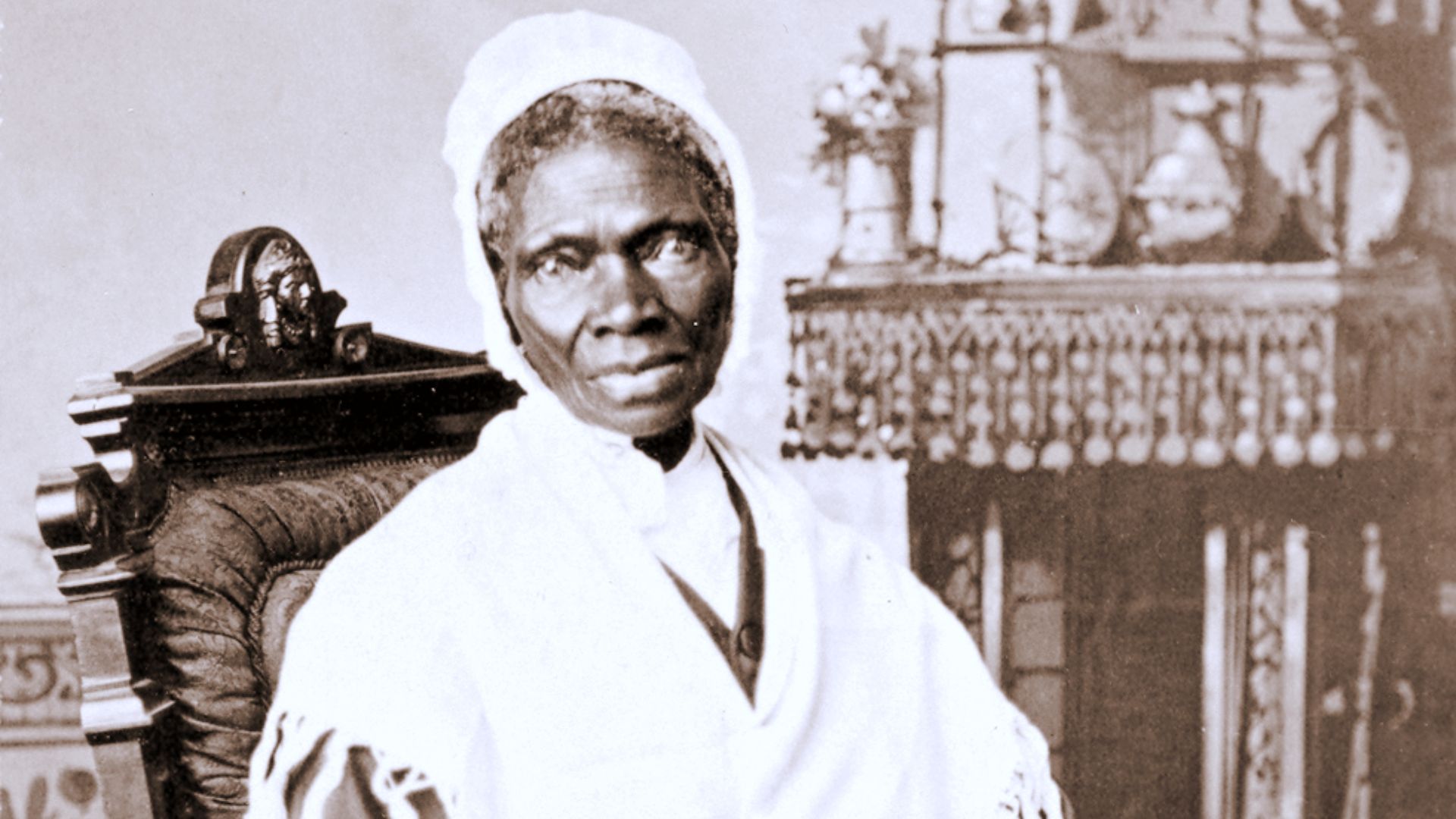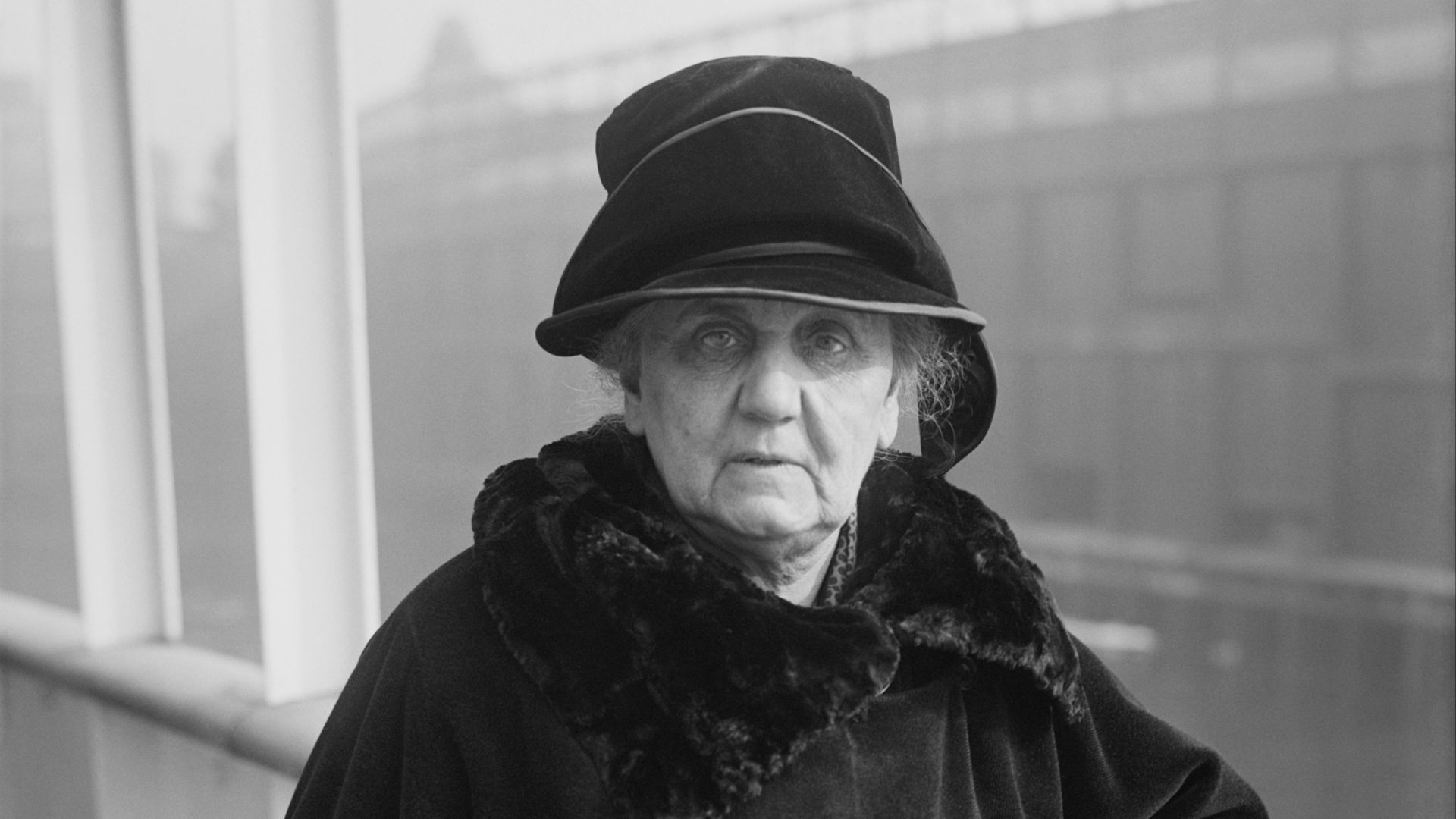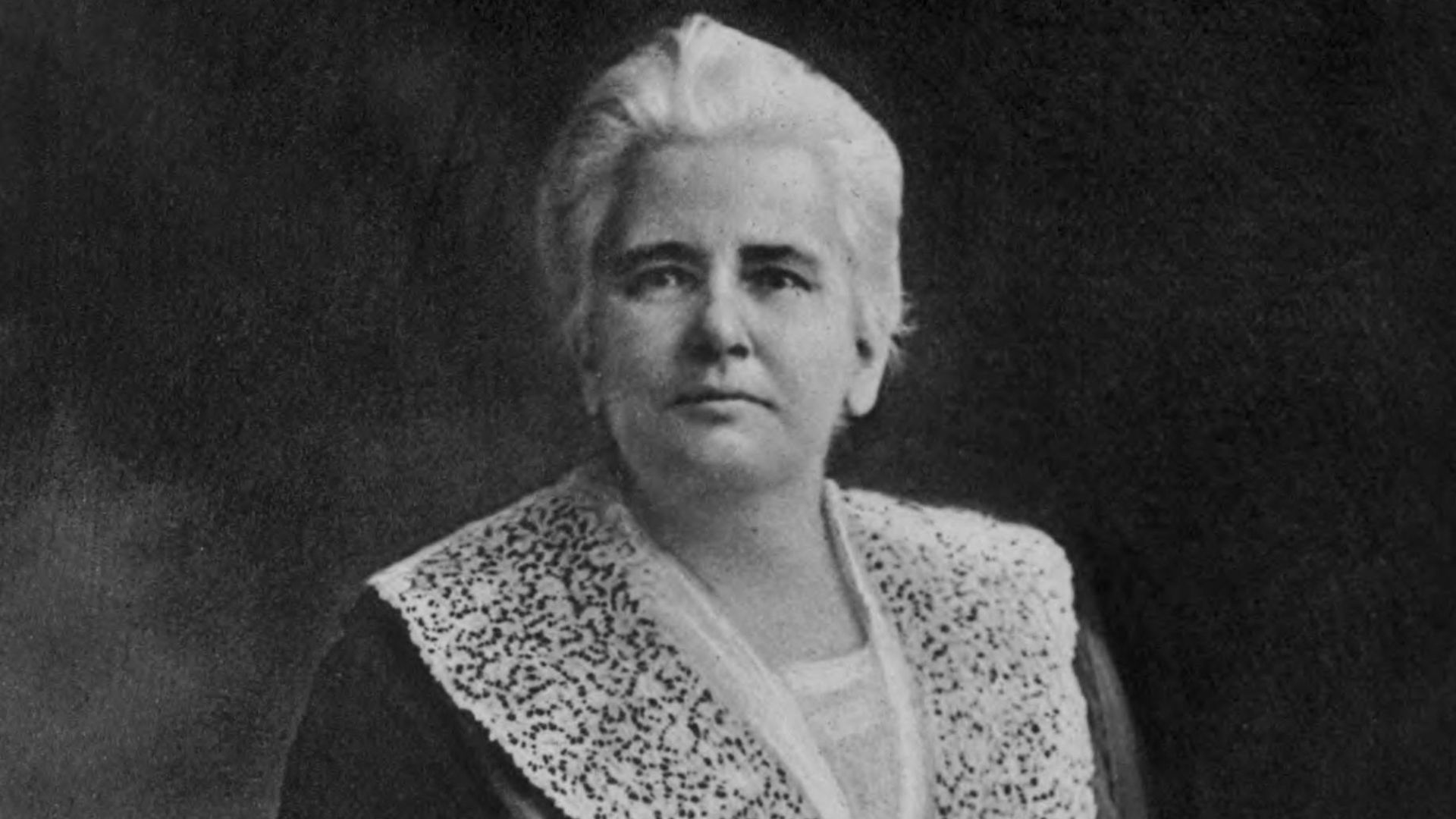Advocates Of Equality
Most history books give you maybe three names when it comes to women's suffrage. But that's barely scratching the surface of a movement that involved countless brave women. They came from every imaginable background and employed wildly different tactics. Some worked within the system while others challenged it head-on. Here are 20 names that deserve recognition for their essential role in American history.
1. Elizabeth Cady Stanton
What started as a two-day gathering in a small New York town would become the launching pad for the American women's rights movement. Elizabeth Cady Stanton, alongside Lucretia Mott, organized the groundbreaking Seneca Falls Convention in 1848, drawing over 300 attendees.
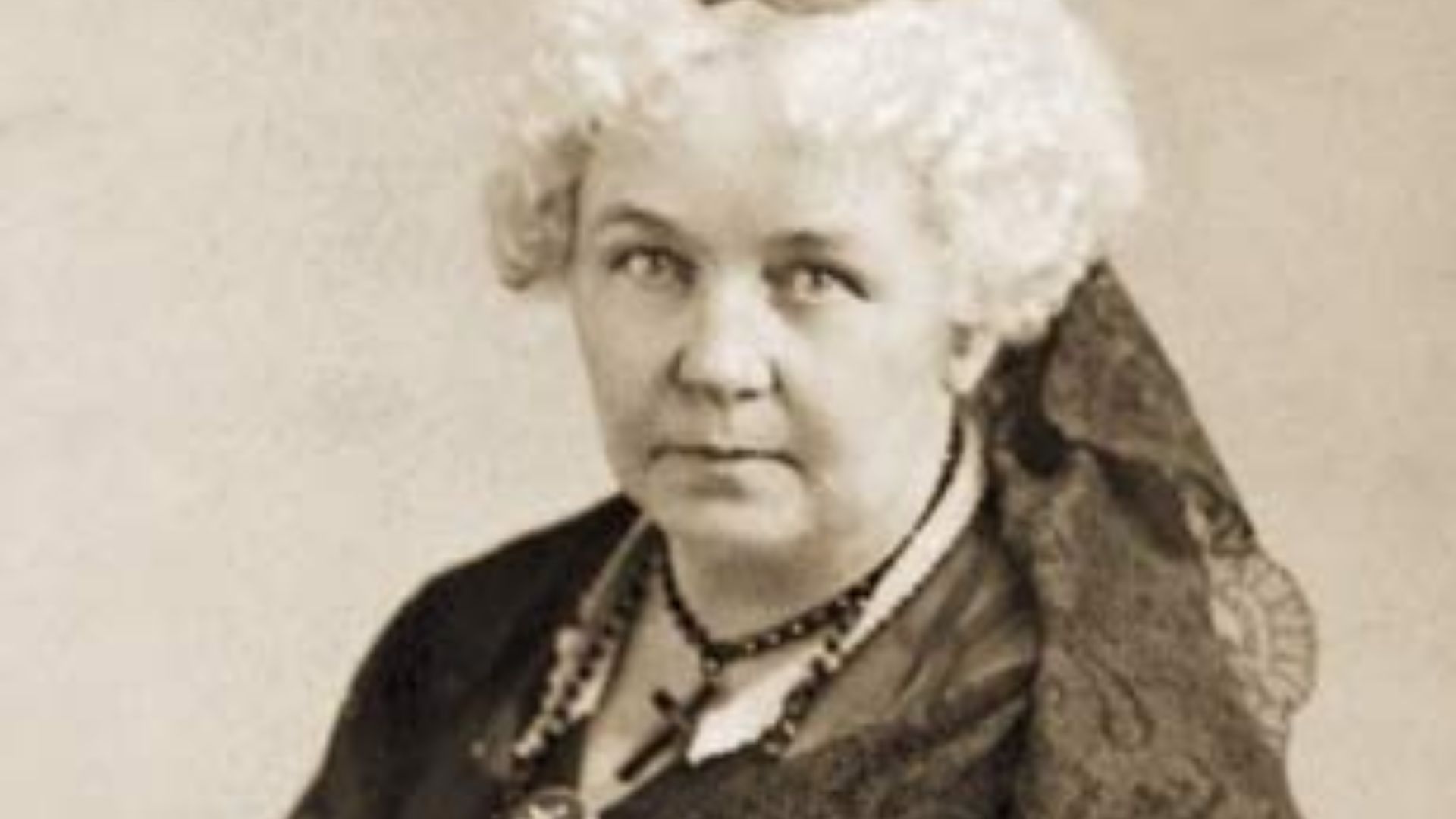 Unknown authorUnknown author on Wikimedia
Unknown authorUnknown author on Wikimedia
2. Susan B. Anthony
In 1872, Susan Anthony deliberately registered and voted in Rochester, NY's presidential election, knowing full well it was illegal for women to do so. This wasn't a moment of rebellion—it was strategic activism designed to challenge the system through the courts.
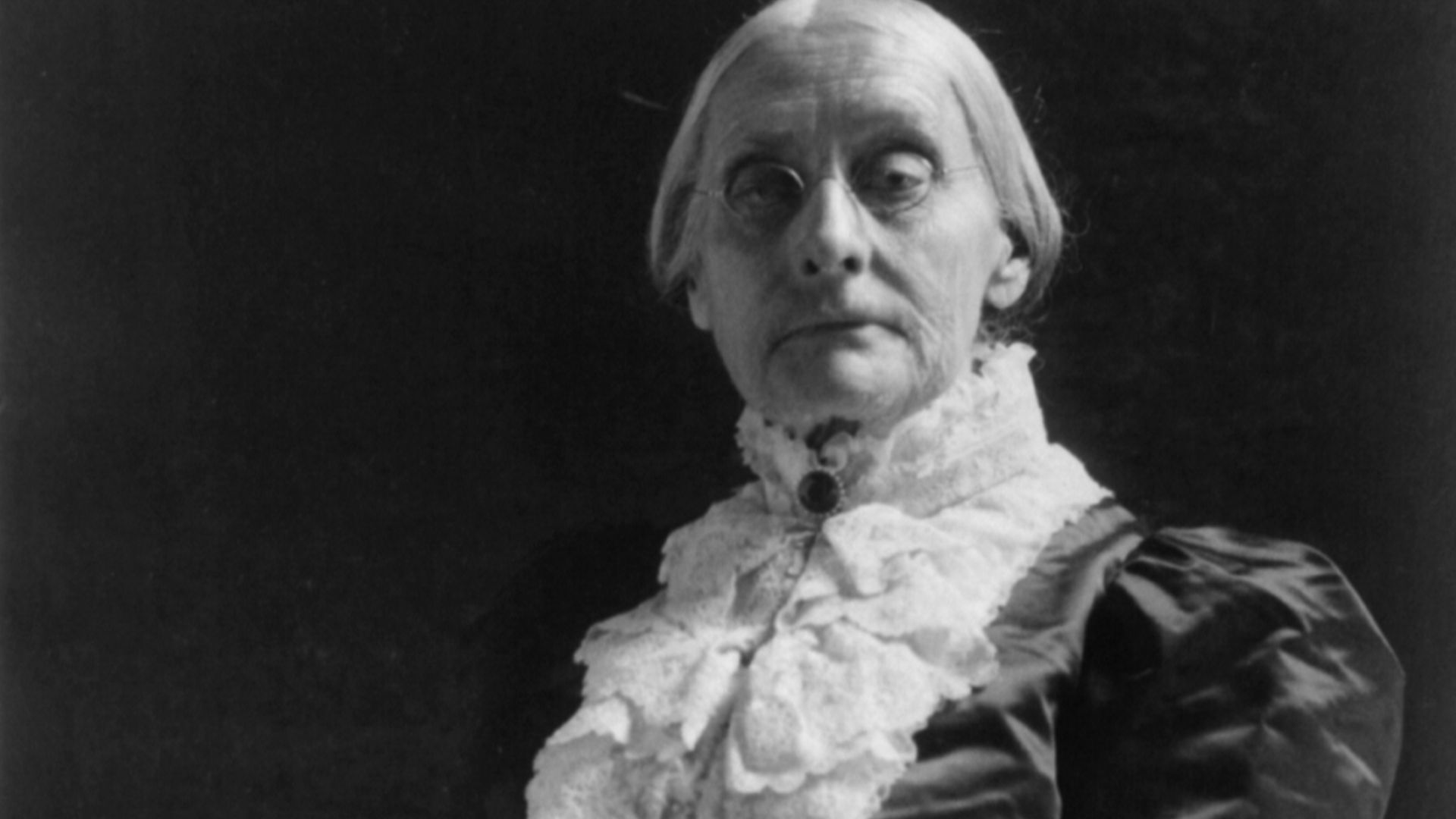 Frances Benjamin Johnston on Wikimedia
Frances Benjamin Johnston on Wikimedia
3. Lucy Stone
The simple act of keeping one's maiden name after marriage seems unremarkable today, but in 1855, Stone's decision to remain "Lucy Stone" rather than become "Mrs. Henry Blackwell" was nothing short of revolutionary. Women who followed suit were called "Lucy Stoners."
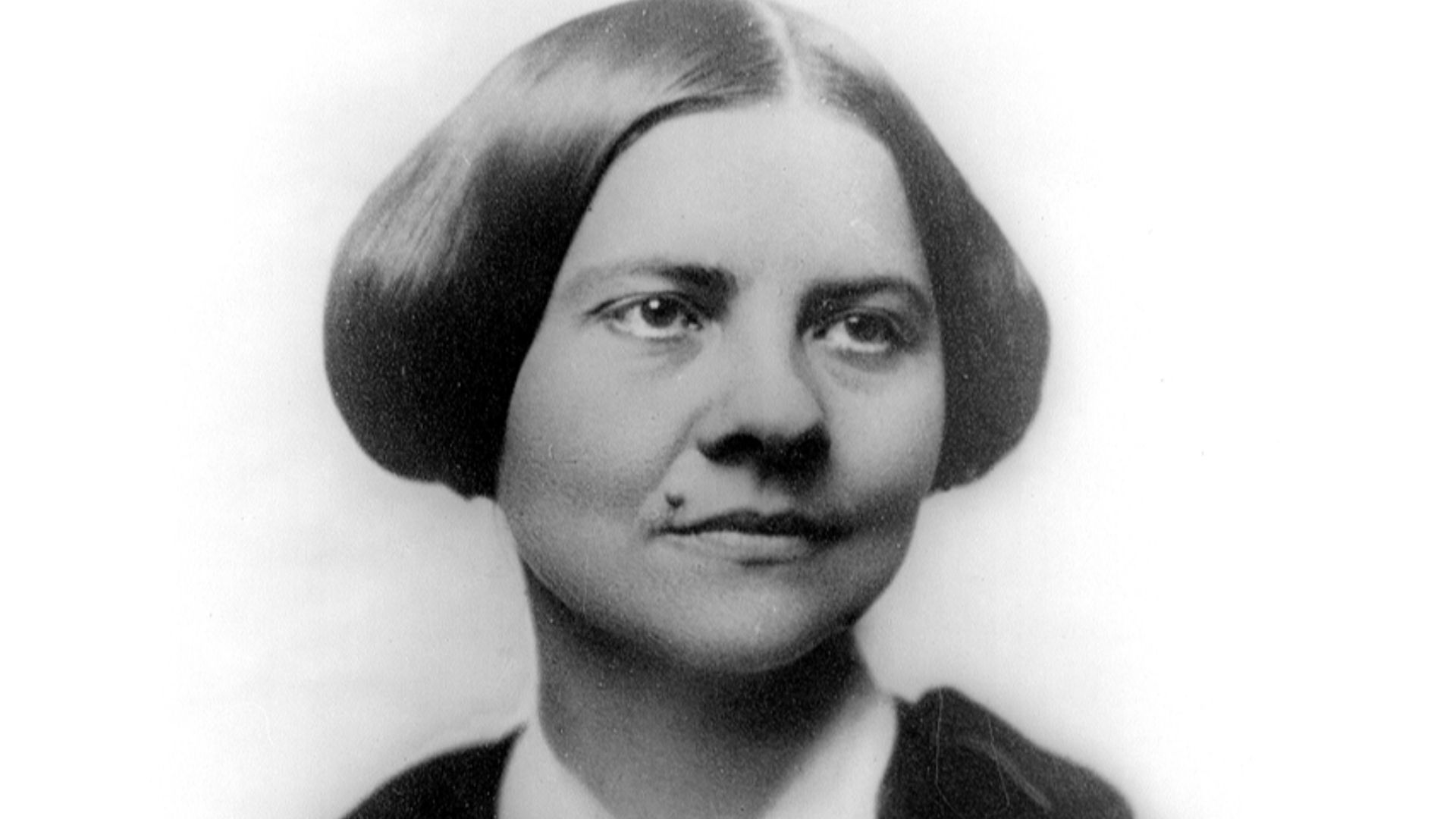 Unknown authorUnknown author on Wikimedia
Unknown authorUnknown author on Wikimedia
4. Frances Willard
Under the guidance of Willard from 1879 until she died in 1898, the Woman's Christian Temperance Union was seen as a powerful force for social reform. Willard's genius lay in her "Do Everything" philosophy, which expanded the WCTU's mission far beyond alcohol prohibition.
5. Alice Paul
Prison bars and force-feeding couldn't break this woman’s determination to secure voting rights through federal action. This sociology PhD from the University of Pennsylvania had learned militant tactics firsthand while studying in London, where she worked alongside the radical suffragist Emmeline Pankhurst.
6. Carrie Chapman Catt
By 1916, the women's suffrage movement needed a master strategist, and Catt delivered with her brilliant "Winning Plan." As president of the National American Woman Suffrage Association, she orchestrated simultaneous state and federal campaigns that were critical in securing the 19th Amendment.
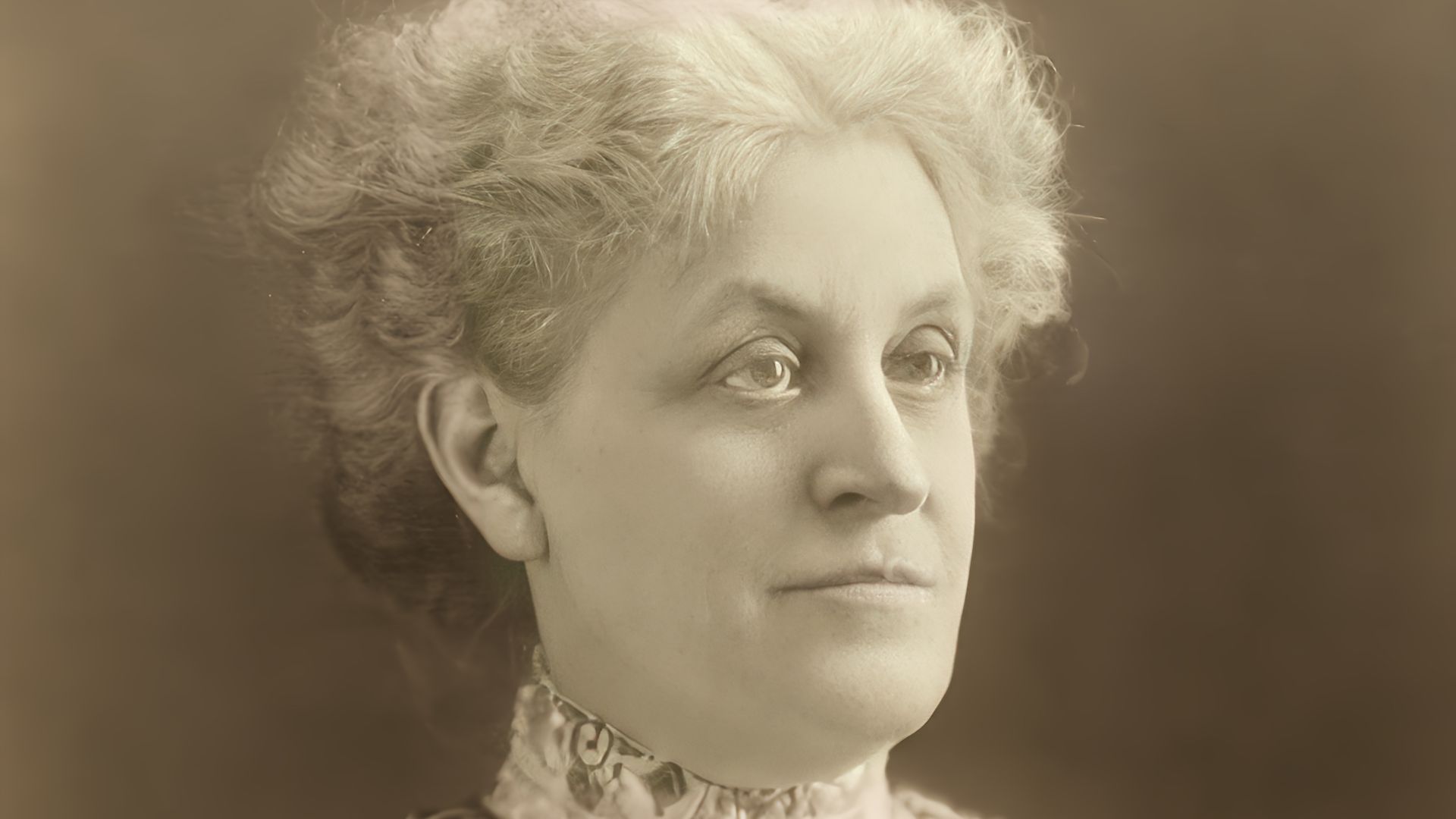 Joint Suffrage Procession Committee(?), restored by Adam Cuerden on Wikimedia
Joint Suffrage Procession Committee(?), restored by Adam Cuerden on Wikimedia
7. Ida B. Wells-Barnett
When organizers of the 1913 Washington D.C. suffrage parade asked her to march separately due to racial segregation, she had other plans. The anti-lynching advocate simply stepped out of the segregated section and joined the main parade, refusing to be marginalized.
8. Mary Church Terrell
Growing up in an affluent Tennessee family gave Mary Church Terrell advantages that many African American women of her era lacked. Her international speaking engagements, including addresses at the International Congress of Women in Berlin, brought global attention to American racial injustice.
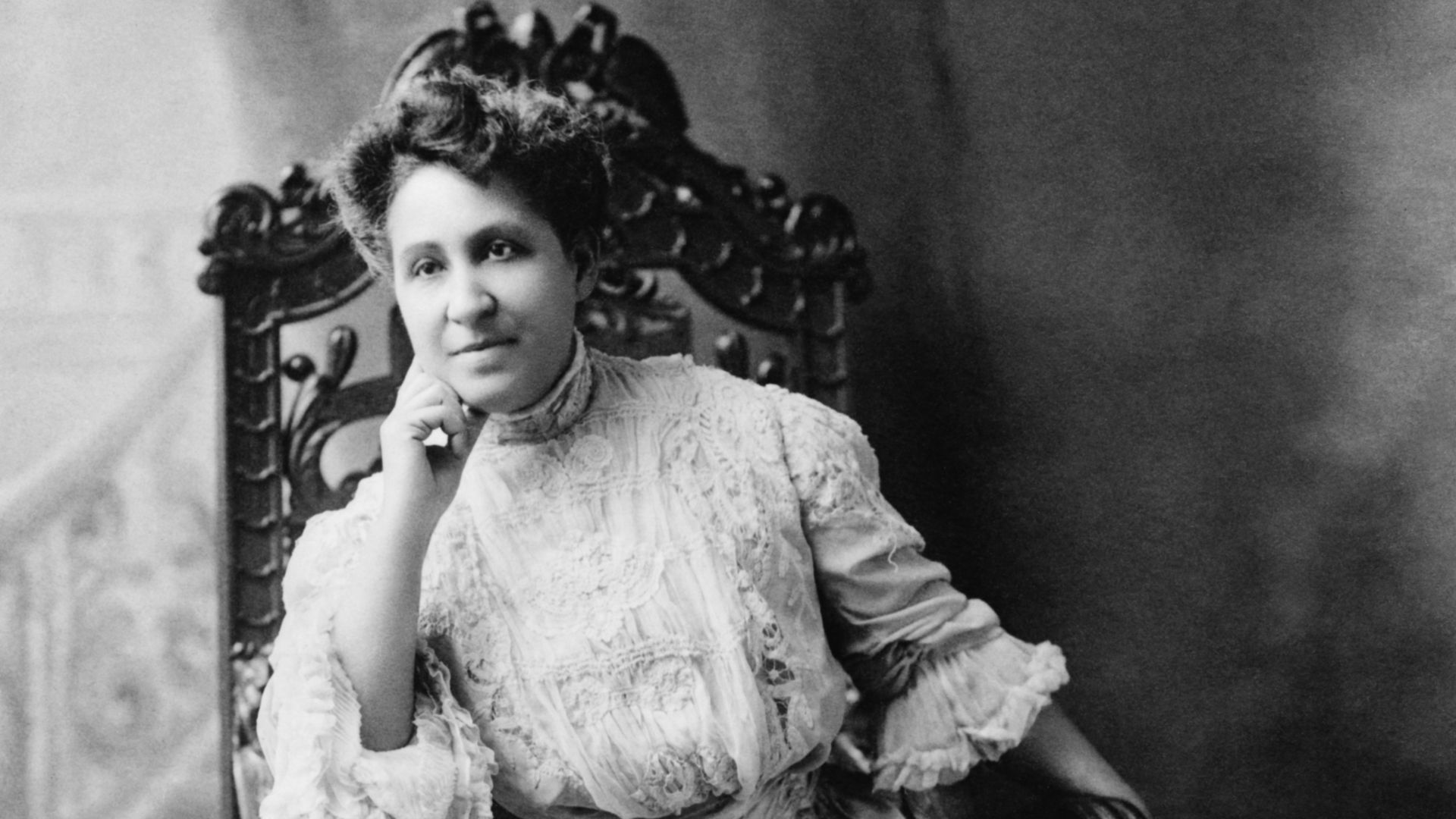 Unknown photographer, restored by Adam Cuerden on Wikimedia
Unknown photographer, restored by Adam Cuerden on Wikimedia
9. Jeannette Rankin
In 1916, Rankin became the first female member of the U.S. Congress after Montana elected her to the office. Her strong pacifist principles led her to vote against the declaration of war for both World War I and World War II.
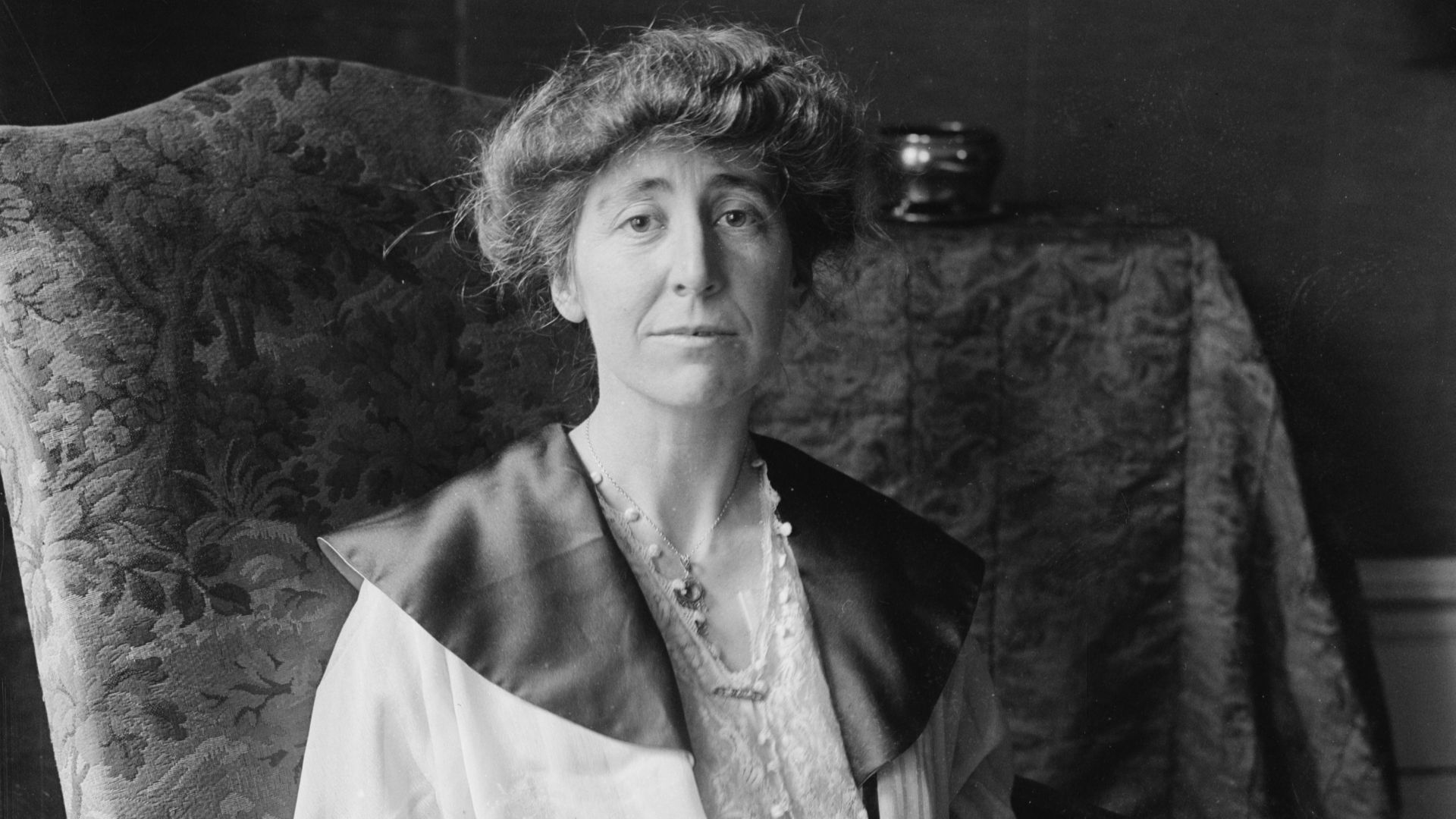 The Library of Congress on Wikimedia
The Library of Congress on Wikimedia
10. Crystal Eastman
Crystal Eastman was impossible to ignore, whether she was arguing a case in court or addressing a crowd about women's rights. This accomplished athlete and powerful orator graduated second in her class from New York University School of Law in 1907.
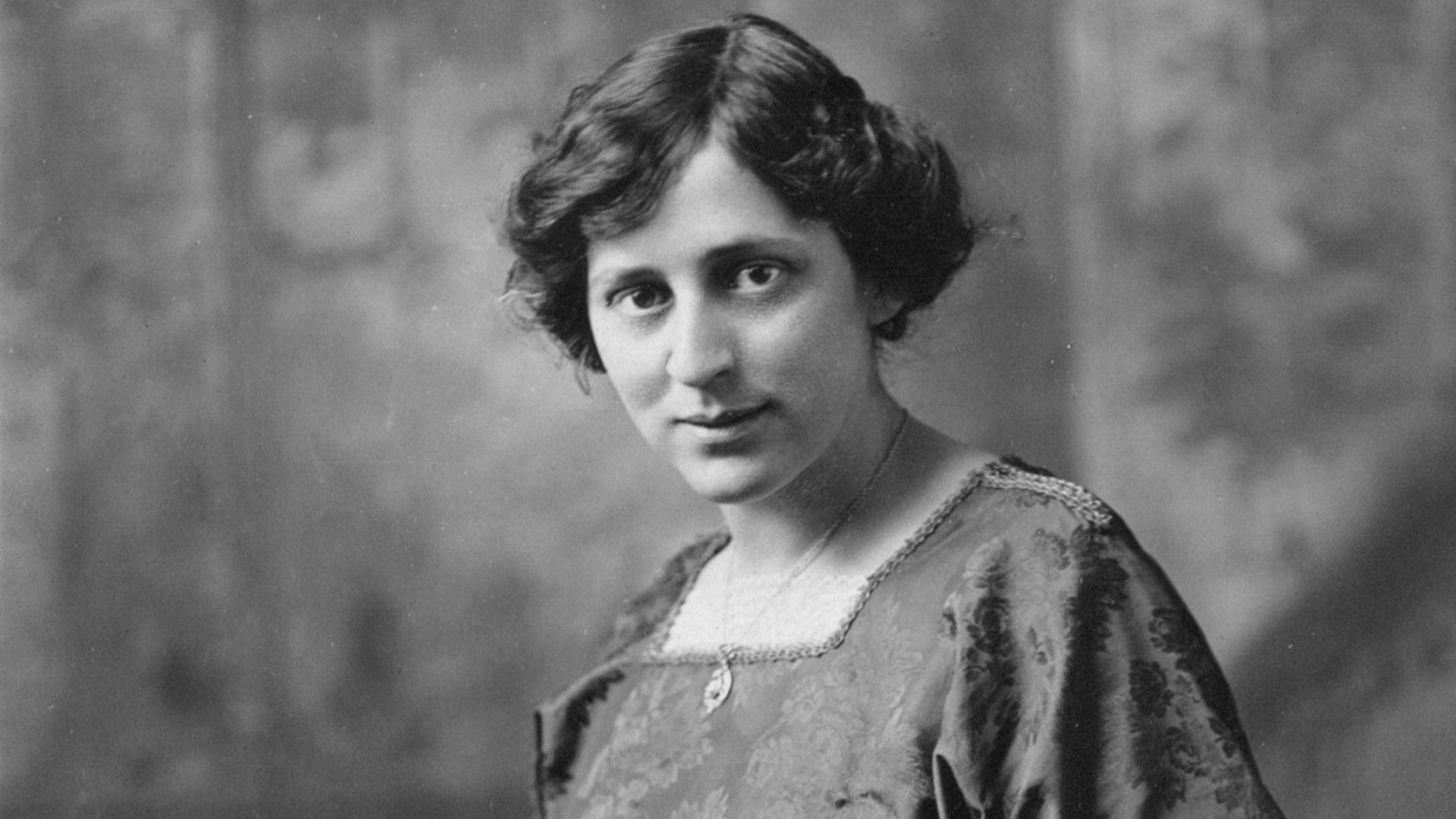 Edmonston, Washington, D.C. (Photographer) on Wikimedia
Edmonston, Washington, D.C. (Photographer) on Wikimedia
11. Harriot Stanton Blatch
Marriage to an English businessman cost this star her American citizenship—a legal penalty that applied exclusively to ladies who wed foreigners. In 1907, Blatch founded the Equality League of Self-Supporting Women, successfully recruiting 20,000 factory, laundry, and garment workers.
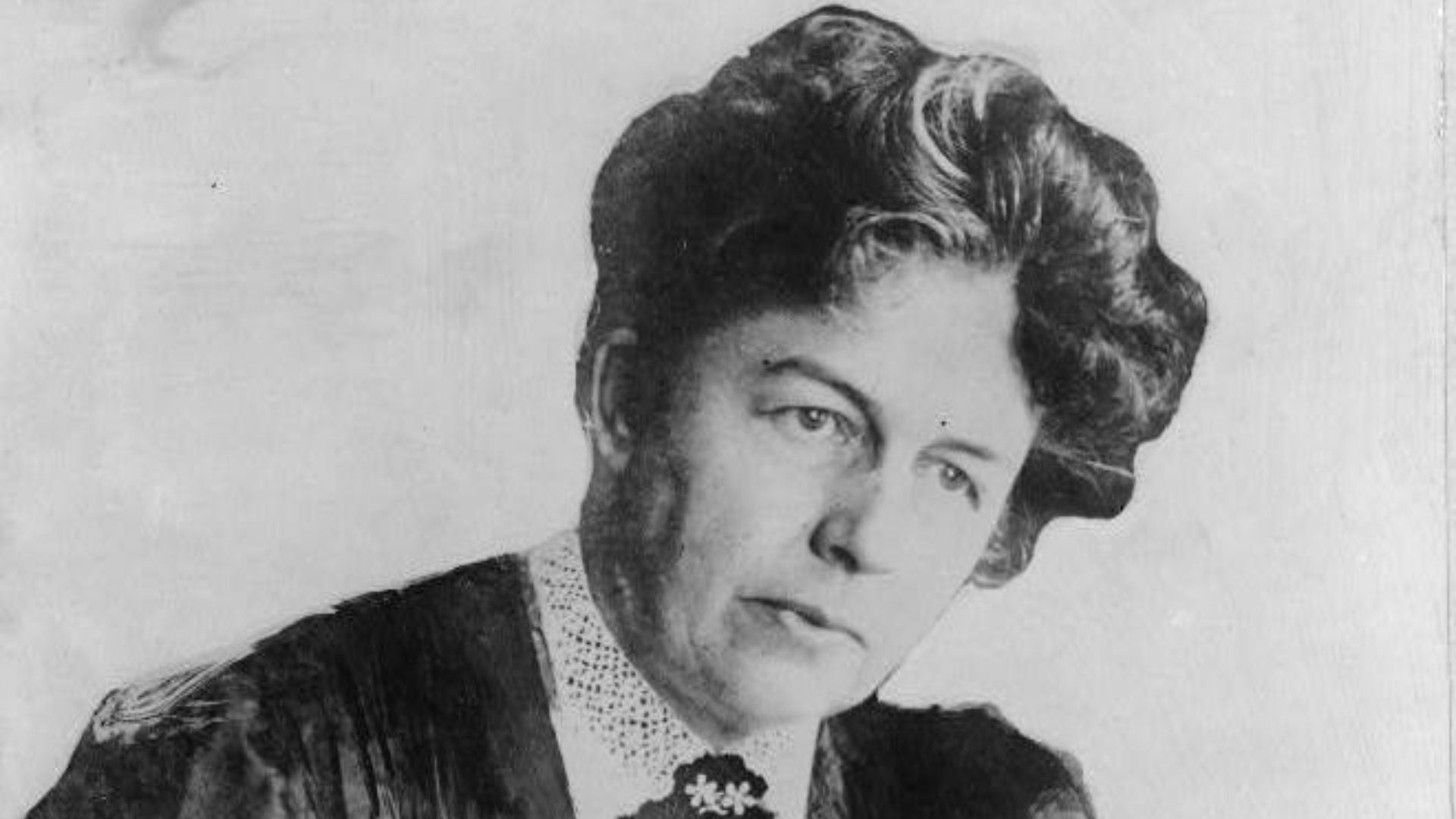 Montauk, from the Gilliams Press Syndicate on Wikimedia
Montauk, from the Gilliams Press Syndicate on Wikimedia
12. Abigail Scott Duniway
The Oregon Trail journey that killed her mother and youngest brother in 1852 shaped sixteen-year-old Abigail Scott Duniway's understanding of women's vulnerability in a male-dominated world. Decades later, she channeled that experience into advocacy, becoming the first female registered to vote in Oregon.
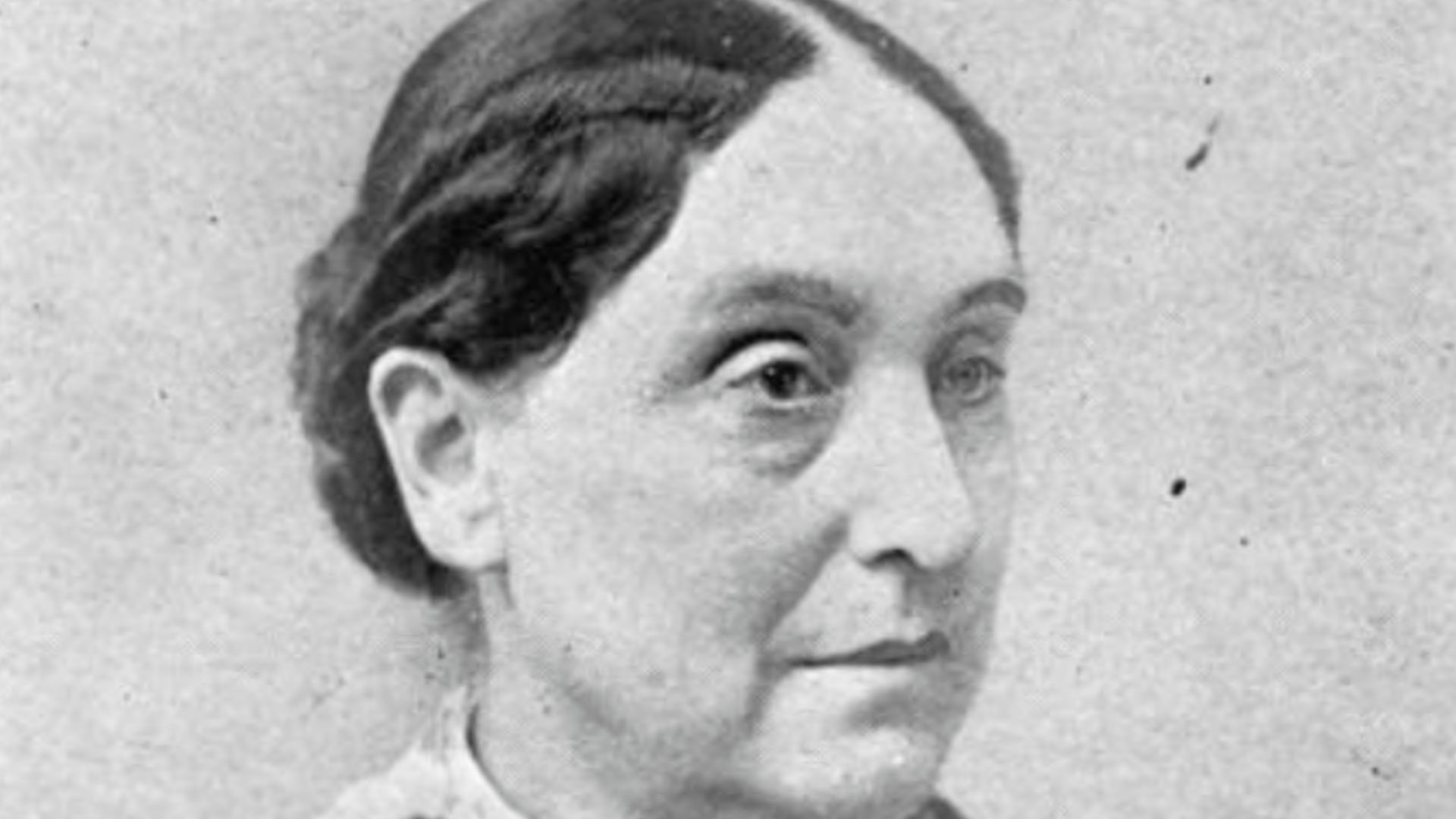 Unknown authorUnknown author on Wikimedia
Unknown authorUnknown author on Wikimedia
13. Sojourner Truth
Born into slavery as Isabella Baumfree, Truth couldn't read or write, yet she became one of the most effective speakers of her era. Her famous "Ain't I a Woman?" speech at the 1851 Women's Convention in Akron questioned racial and gender discrimination.
14. Fannie Lou Hamer
Here comes the 20th and last child born to sharecroppers in Mississippi. Hamer knew poverty intimately before becoming one of America's most powerful civil rights voices. Her 1961 hysterectomy without consent was a practice so common it was called a “Mississippi appendectomy.”
 The Library of Congress from Washington, DC, United States on Wikimedia
The Library of Congress from Washington, DC, United States on Wikimedia
15. Mary Burnett Talbert
As the only African American female in Oberlin College's 1886 graduating class, this individual understood the weight of representation from an early age. Back home, she was a founding member of Buffalo's Phyllis Wheatley Club of Colored Women in 1899.
 Unknown authorUnknown author on Wikimedia
Unknown authorUnknown author on Wikimedia
16. Mabel Ping-Hua Lee
At just 16 years old, Mabel Ping-Hua Lee led the Chinese women's contingent in New York City's 1912 suffrage parade, advocating for rights she could never exercise due to anti-Asian immigration laws. In 1921, she graduated with a doctorate in economics from Columbia University.
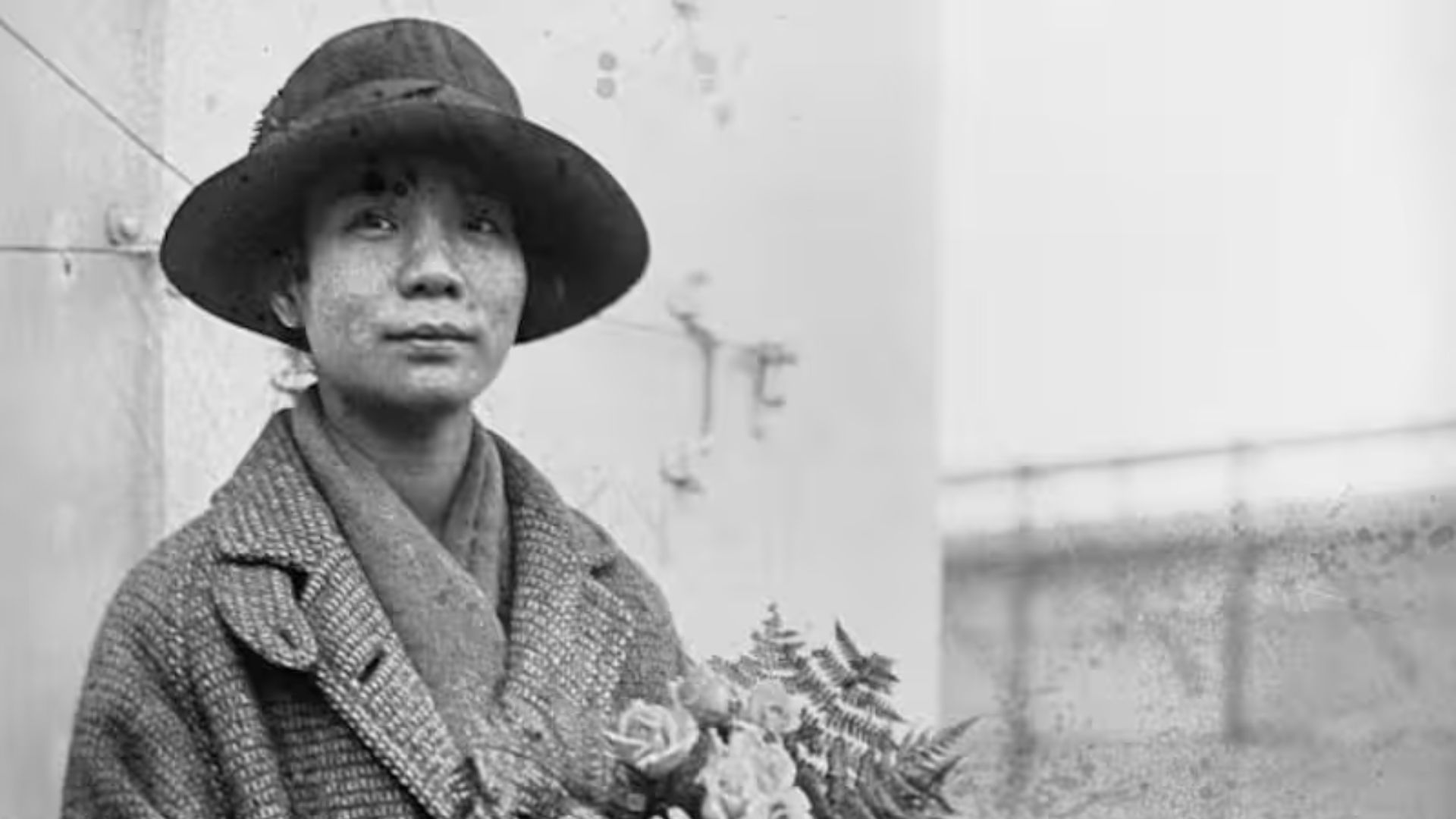 Bain News Service, publisher on Wikimedia
Bain News Service, publisher on Wikimedia
17. Jane Addams
Despite being a committed pacifist, Addams recognized that women's suffrage was essential to bringing moral influence into politics and reducing warfare. She co-founded the Women's International League for Peace and Freedom in 1915 with Crystal Eastman, linking the movement to international peace efforts.
18. Helen Keller
Most people know Helen Keller overcame deafness and blindness to become the first deaf-blind person to earn a Bachelor of Arts degree, but fewer realize she was also a core member of the ACLU. Keller’s political activism extended far beyond disability rights.
 Los Angeles Times; restored by User:Rhododendrites on Wikimedia
Los Angeles Times; restored by User:Rhododendrites on Wikimedia
19. Frances Harper
When Harper delivered her famous speech at the 1866 National Woman's Rights Convention in NYC, she challenged white suffragists to include Black women in their fight. The lady also contributed to the founding of the National Association of Colored Women's Clubs in 1896.
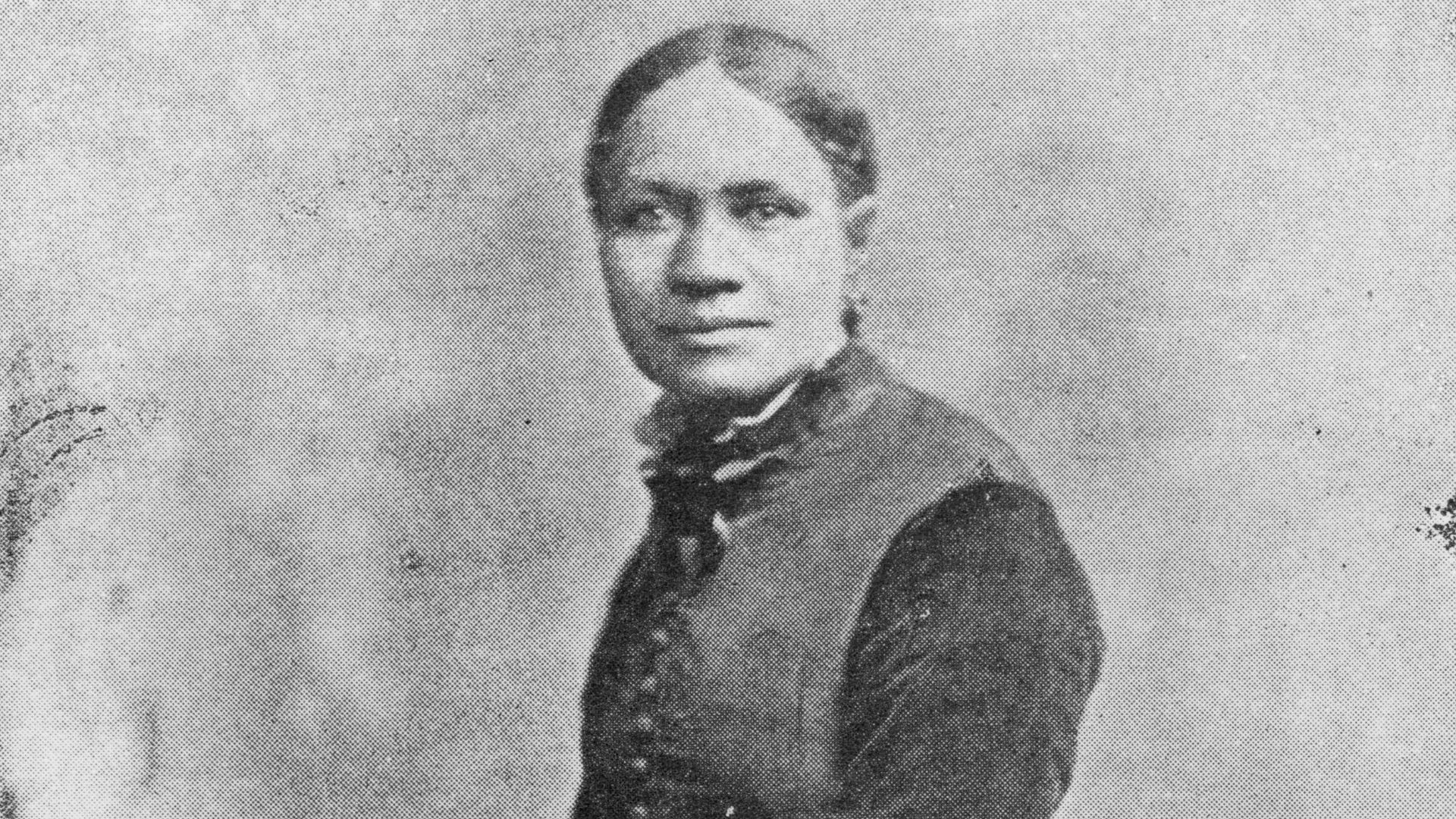 Miscellaneous Items in High Demand, PPOC, Library of Congress on Wikimedia
Miscellaneous Items in High Demand, PPOC, Library of Congress on Wikimedia
20. Anna Howard Shaw
Breaking barriers seemed to be Shaw’s specialty. After all, she was one of the first women ordained as a Methodist minister and earned a medical degree from Boston University. Shaw was the President of the National American Women's Suffrage Association (1904–1915).
KEEP ON READING
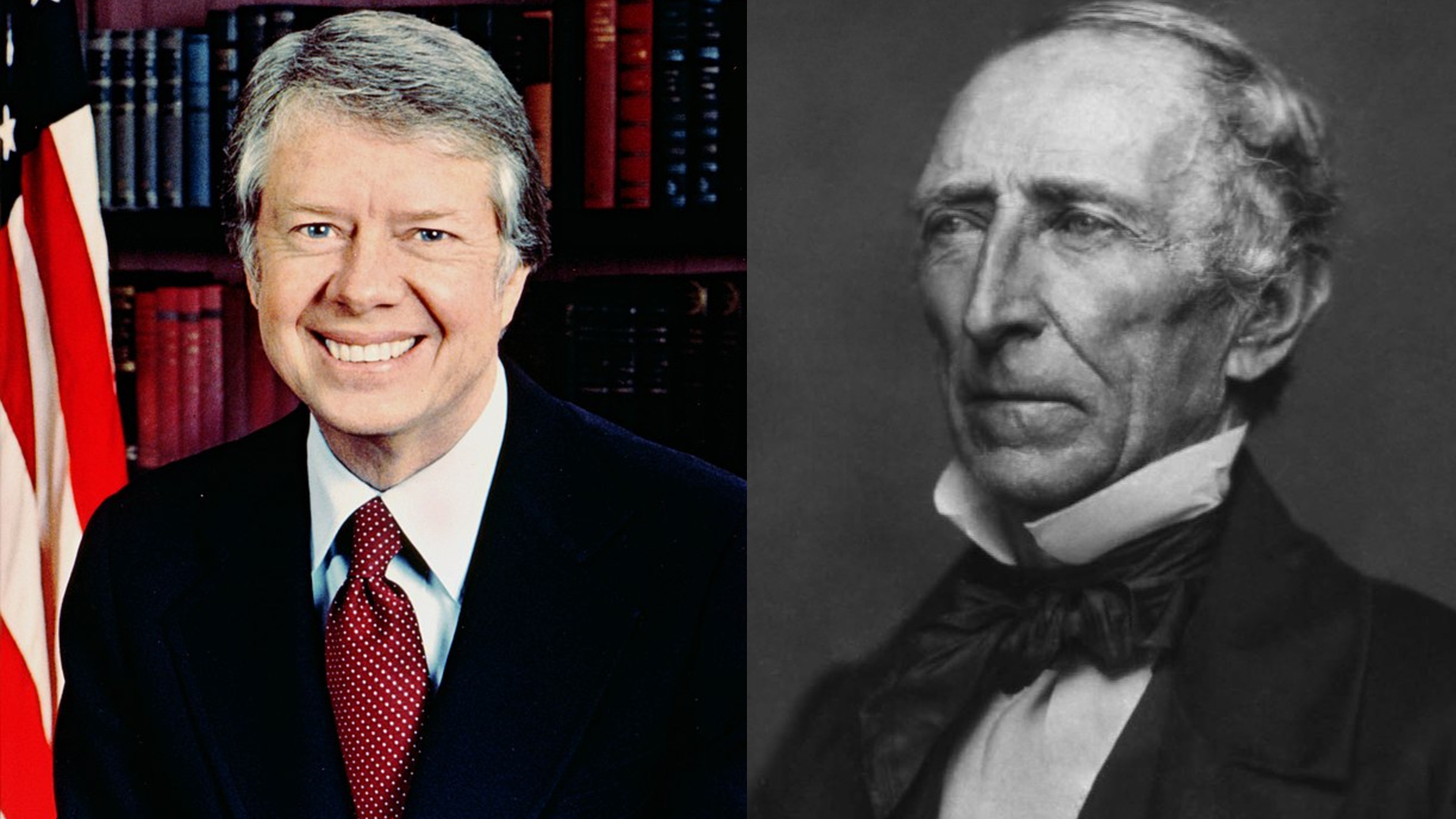
1 Weird Fact About Every President
Washington, Lincoln, FDR. Most people know something about the lives…
By Robbie Woods Dec 3, 2024
10 Actors Who Perfectly Played a Historical Figure & 10…
Which Performance is Your Favorite?. Playing the role of a…
By Rob Shapiro Sep 15, 2025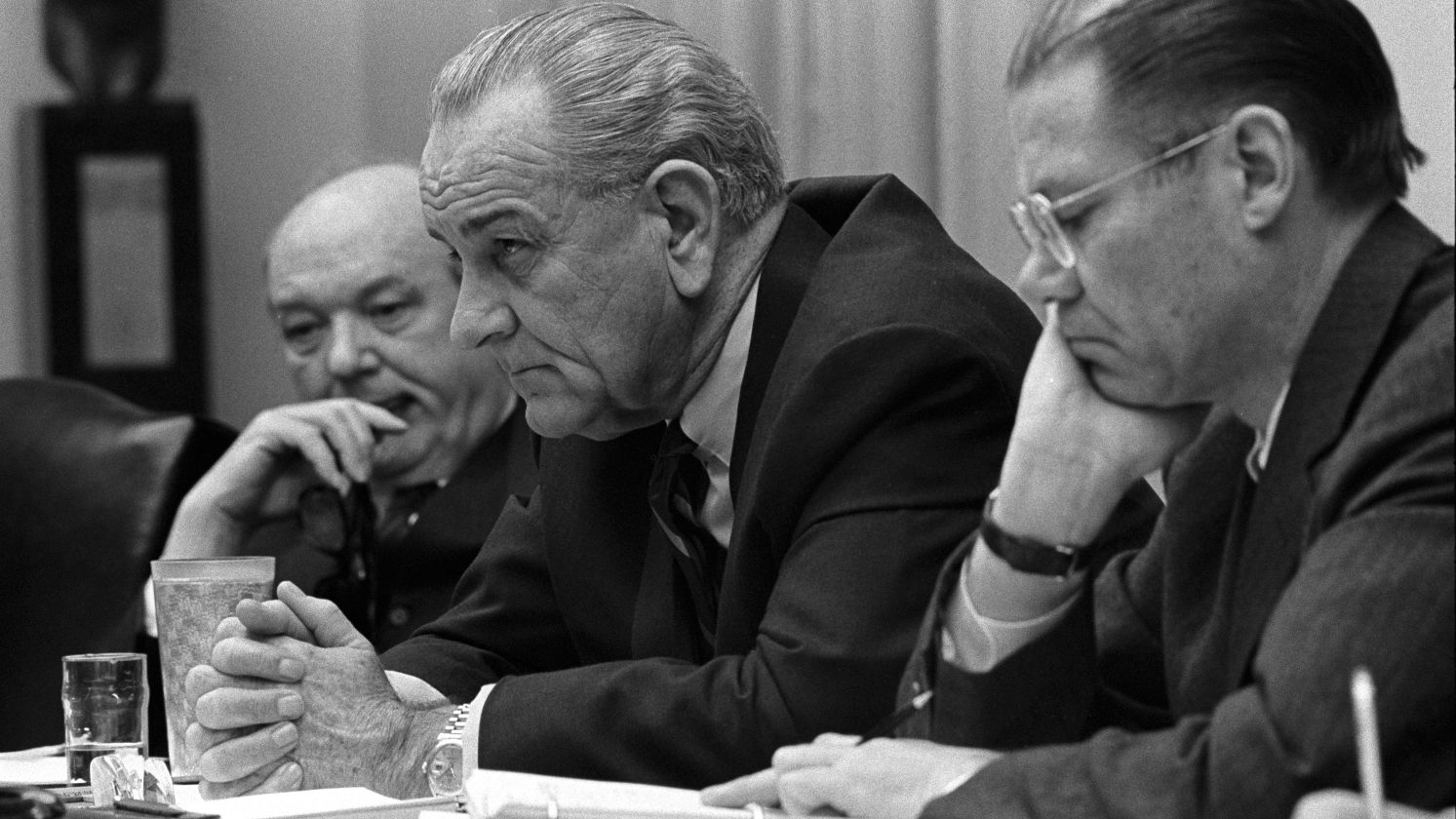
10 Actors Who Weren't Up To Playing A U.S. President…
Who Wouldn't Vote Woody Harrelson for President?. Actors who sign…
By Rob Shapiro Oct 22, 2025
10 Amazing Popes & 10 Who Weren't So Great
An Odd Cast of Characters Throughout History. From popes who…
By Henry Judd Apr 29, 2025
10 Ancient Civilizations You Don’t Want to Be Trapped In…
Grab Your Time Machine. Trying to pick out an ancient…
By Farva Ivkovic Feb 21, 2025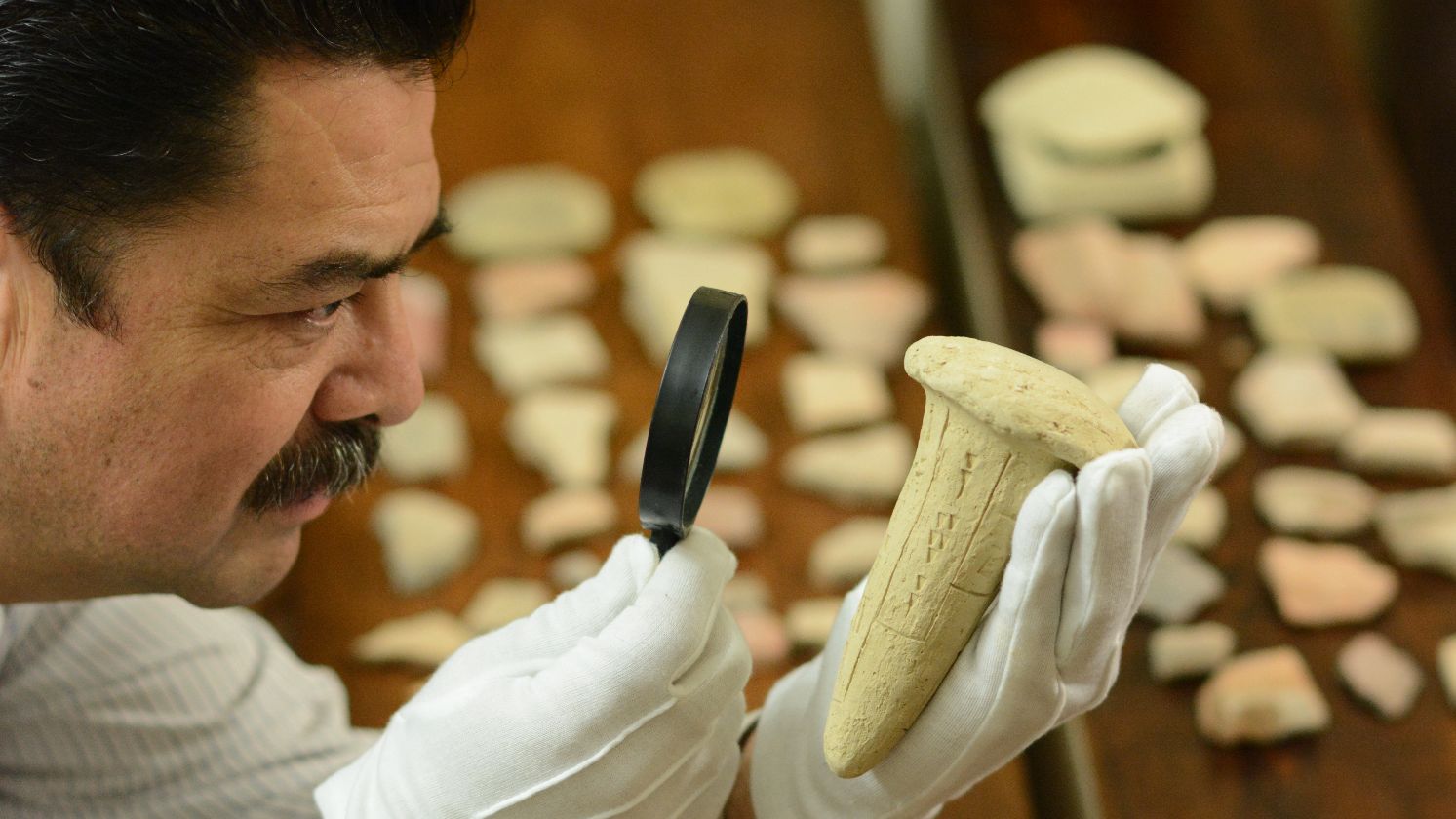
10 Ancient Lost Cities Yet To Be Found & 10…
Will You Find The Next Lost City?. Based on our…
By Breanna Schnurr Aug 27, 2025

